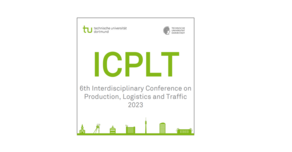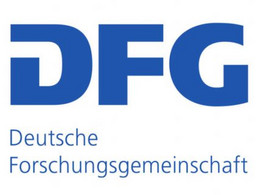Modeling approach for deriving flows of goods depending on logistics strategies in commercial transport
- Transport Modelling and Process Planning
Background
Commercial transport models are used to explain and forecast freight and passenger transportation. In existing business traffic models, the logistical view of the processes and the associated diverse characteristics of transportation processes have so far been inadequately represented. At the same time, logistics concepts are becoming increasingly important in today's industrial and commercial enterprises and shape the temporal and spatial course of goods and transportation flows. Although the existing approaches mention the connection between logistics and freight transport, the modeling and forecasting of freight transport is usually not carried out as a function of the logistical decisions and the associated structures. Against this background, the research project therefore dealt with the development of a modeling approach to improve the modeling of freight transport by integrating logistical aspects.
Approach
On the basis of extensive theoretical groundwork, a system of companies was derived taking into account their logistical aspects. The typological classification method was used, which allows companies to be systematically analyzed in terms of their logistical aspects and transports and, based on this, to identify types with similar characteristics or characteristics. On the one hand, the typological classification enables the subdivision of the company according to its functional structure into the areas of procurement logistics, production logistics, distribution logistics and transportation logistics, and on the other hand, based on the classification according to the logistical components of strategy, structure and object or good.
Based on the developed system for the classification of logistics strategies and structures and their empirical application to different companies and industries, an approach to economic transport modeling was developed which describes the source and sink behavior in freight transport based on the logistics strategies used by companies. Due to the limited availability of empirical data, the focus was on microscopic, disaggregated modelling of individual companies and their parameterization. The characteristics and characteristic values of the typological order were used accordingly as configuration parameters in the definition of adjustment rules for transport demand models and transferred into constraints.
Intended results
The research project was able to make a decisive contribution to researching and structuring fundamental relationships between companies, taking into account their logistical structures and strategies on the one hand, and freight transport on the other, and making them usable in models. By linking logistical expertise and the field of transport demand theory and modeling, the project was able to provide typological classifications, initial data bases and demand theory approaches in a new form of processing.
Contact: Prof. Dr.-Ing. Uwe Clausen
Funding and partners





